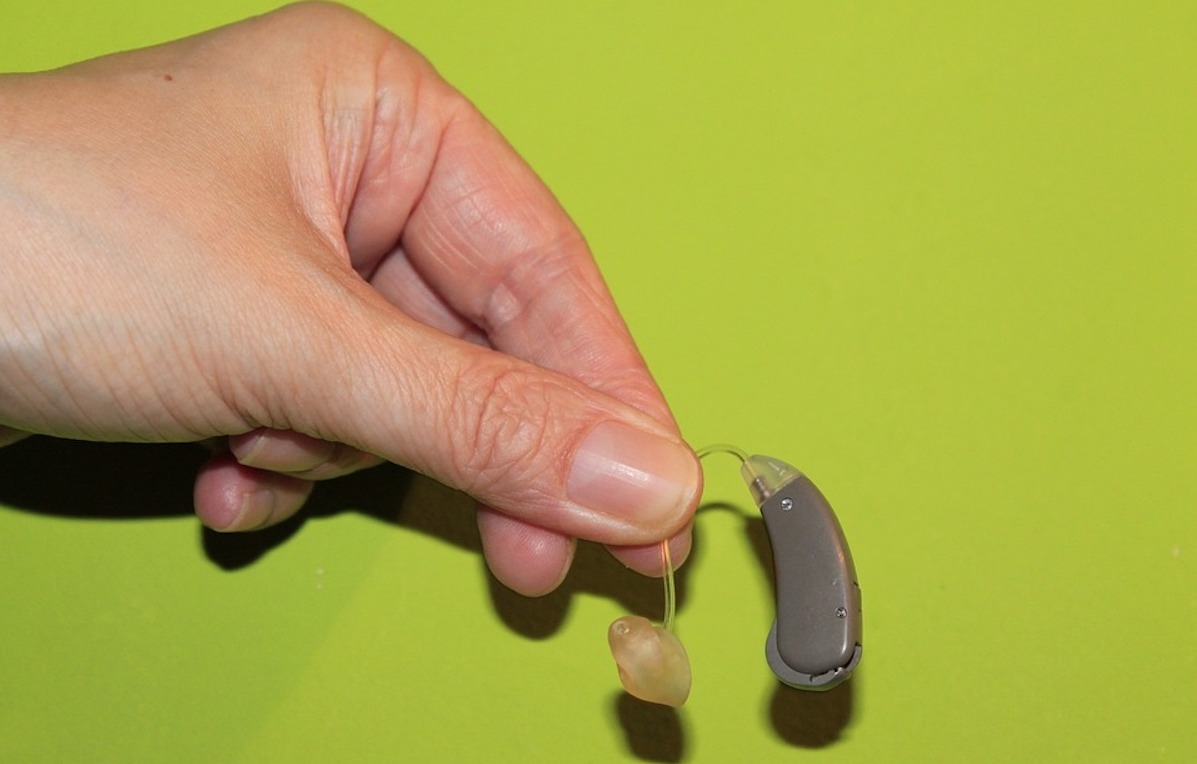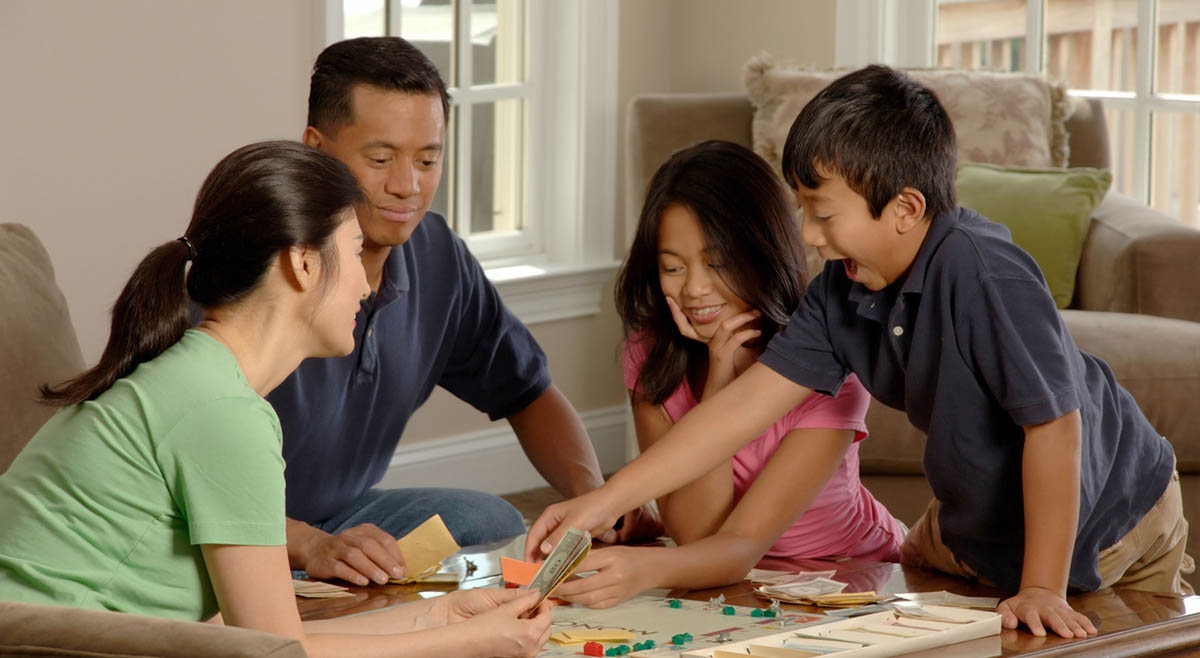
How to Manage Hearing Loss in Children
Dealing with hearing loss can be very traumatizing, even for a child. It can be challenging to talk about hearing loss in a way that children understand. Communicating with them also becomes challenging since most children lack the language skills to express their feelings about hearing loss. School and social situations can also be problematic if a child struggles with hearing loss. As a parent, you have a big role to play in helping your child manage their hearing loss. You are responsible for ensuring your child has the support they need to adjust and cope with their hearing loss. Here are some tips for managing hearing loss in children:
1. Educate Yourself About Hearing Loss
It will be challenging to help your child adjust unless you understand hearing loss. Take the time to learn as much as you can about hearing loss and the different types of hearing available aids. This will help you make better decisions for your child’s treatment plan. Learning about hearing loss can also help you communicate more effectively with your child. Understanding the emotions they might be feeling and having realistic expectations of their progress will make it easier to talk about hearing loss in a way they understand. You can also start learning sign language to communicate more effectively with them.
2. Seek Professional Help
Hearing loss can be a complex condition, and it is vital to seek professional help as soon as possible. Speak to your doctor about hearing tests and devices to help your child hear better. A specialist can advise how best to manage your child’s hearing loss. Get a qualified audiologist like those at HearCanada who can provide hearing tests and help you choose the appropriate hearing aids for your child. Your child may also benefit from speech and language therapy to help them learn how to communicate more effectively.
3. Make Accommodations at Home
Making adjustments at home can make it easier for your child to cope with their hearing loss. This can include using visual cues, writing down important information, providing aids such as hearing aids or cochlear implants, and ensuring your home is equipped with soundproofing to reduce background noise.
You can also create a supportive environment by talking to your child about their hearing loss and feelings. Let them know it’s ok to ask questions and express their emotions. If your child goes to school, speak to the teachers and administrators about any accommodations your child may need. If possible, enroll them in a school offering special programs for children with hearing loss. This will ensure they get the support they need to succeed in their studies.
4. Connect With Others
It can be helpful to connect with other families dealing with hearing loss. This will provide support for you and your child and opportunities for learning more about the condition. Research online forums and local support groups to find other parents in a similar situation. You can also look into programs that provide recreational activities and social events for children with hearing loss. These activities can help your child develop new skills and build relationships with other children who understand what they’re going through.
5. Encourage Your Child
Put yourself in your child’s shoes and encourage them to take on new challenges rather than protect them from failure. Offer support and allow them to make mistakes and learn from their experiences. This will help build their confidence and resilience as they adjust to living with hearing loss. If they have problems hearing in certain situations, don’t be afraid to remind them to ask questions or take extra steps to ensure they understand. Words of encouragement and advice can go a long way in helping your child deal with their hearing loss.
6. Consider Different Treatments
Hearing aids are the most common treatment for hearing loss in children, but there are other options. Research different treatments and discuss them with your doctor to decide what’s best for your child. Cochlear implants, for example, provide a direct connection between the inner ear and the brain. This can benefit those who do not respond well to hearing aids. Your child’s doctor may also suggest medication or therapy to help manage the symptoms of hearing loss. It is essential to talk to your doctor about any treatments that may be available for your child’s condition.
7. Practice Self-Care
Dealing with hearing loss can be stressful and exhausting for you and your child. Make sure to take breaks and practice self-care. Spend time with friends or family, exercise, meditate, or do something creative that brings joy. Take advantage of available resources and support systems, so you don’t have to go through this alone. Connecting with others dealing with hearing loss can provide a much-needed outlet for sharing your feelings and experiences.
Adapting to hearing loss in your child can be difficult, but you can make it easier with the right resources and support. Encourage your child to stay positive, connect with other families facing similar challenges, and find ways to accommodate their needs at home and school. Research treatments available and practice self-care to help you cope with this new reality.
Image: Pixabay








